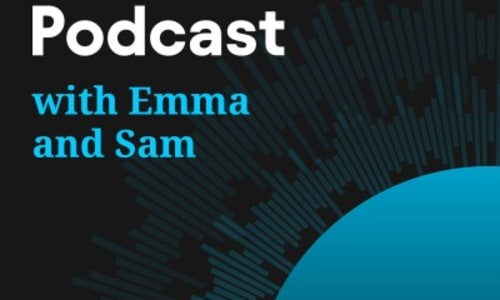See all Unknown transcripts on Html5mediaembed

Procurement and sustainability: our role in combating climate change - CIPS Futures (1)
31 minutes 34 seconds
🇬🇧 English
Summaries Topics Transcript Chapters Titles Socials Twitter Blog Post Newsletter Quotes Quizzes Ask ChatGPT

Omnivision Solutions Ltd
- Getting Started
- Create Transcript
- Pricing
- FAQs
- Recent Transcriptions
- Roadmap